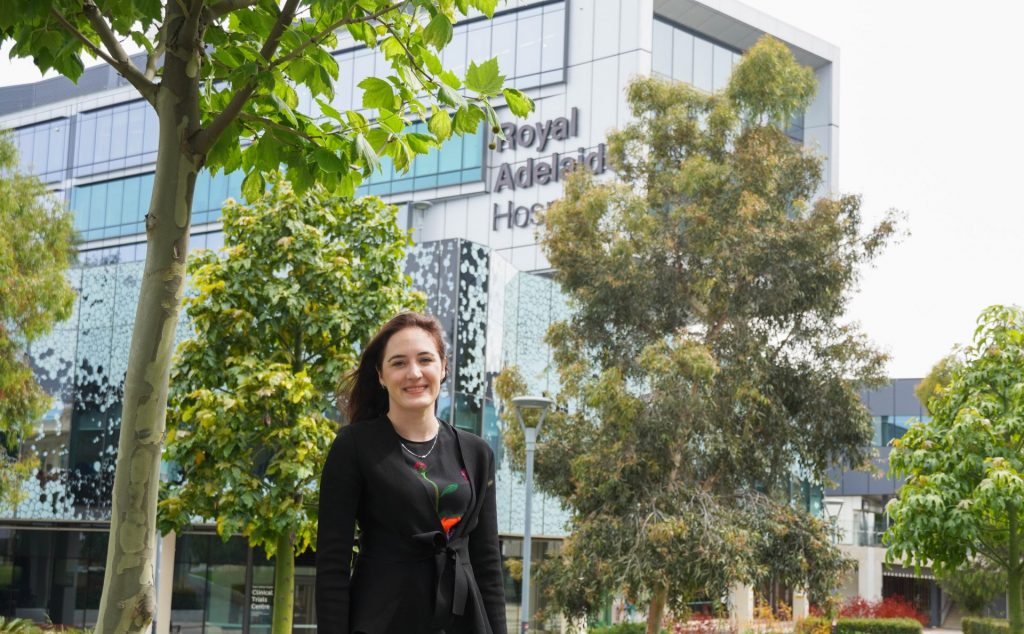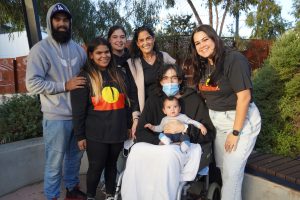Deciding whether to have a kidney transplant is a major decision for patients and clinicians which may become easier thanks to intuitive predictions using a new approach to statistical modelling.
Dr Georgina Irish, Consultant nephrologist at the Royal Adelaide Hospital, is aiming to better equip patients and clinicians to with the tools to decide which option is best for their situation, developing new models to predict survival and quality of life.
A big decision
For many people with kidney failure, a kidney transplant can greatly extend their lifespan. For some people though, transplantation can cause more harm than good and mean they would prefer to go without a transplant. Kidney Transplantation can also impact on quality of life.
Predicting which option is best for a given patient is a significant and complex decision for both patients and clinicians, and an evidence-based approach can help to make an informed choice.
To help this decision, we can compare the survival of previous transplant recipients with people who chose not to have a transplant. This is typically done with a statistical model called Cox proportional hazards model.
This provides the user with a ‘relative’ risk of survival. For example, patient X is 2 times more likely to be alive in 10 years if she receives a transplant, relative to without a transplant.
“The problem is this isn’t intuitive for patients and makes the benefits appear larger than they are, and this doesn’t really help their decision making,” says Dr Irish.
The traditional modelling method also does not allow survival to be predicted beyond the timespan 20-year timespan for which we have follow-up data on modern kidney transplant techniques.
“What we want to be able to tell people is ‘with this option, you will probably be able to live 35 years, compared to 15 with the other option, for example,” said Dr Irish.
“That’s more understood, as opposed to relative risk.”
Better information for informed choices
Dr Irish and her colleagues have developed flexible parametric models which provide this ‘absolute’ prediction of survival and allow for predictions many years into the future. Her work can also predict quality of life.
“With transplants, obviously living longer is important, but people like not having to go to dialysis three times a week, for example.”
“At an individual patient level, we hope this can be used for shared decision-making by clinicians and patients to make the best decision about whether they should or shouldn’t have a transplant.”
Dr Irish plans to develop a decision support tool, where patients and clinicians can enter the relevant patient details, and the application will provide the predicted results of each option.
For this work, Dr Irish has received 2022 Young Investigator Award from the Australian and New Zealand Society of Nephrology.
Dr Irish is supported by a Postgraduate Research Scholarship (National Health and Medical Research Council, Australia). The data discussed here were supplied by the Australian and New Zealand Dialysis and Transplant (ANZDATA) Registry. She and her colleagues are grateful to the Australian and New Zealand kidney units, patients and staff for their cooperation and contributions to ANZDATA.



